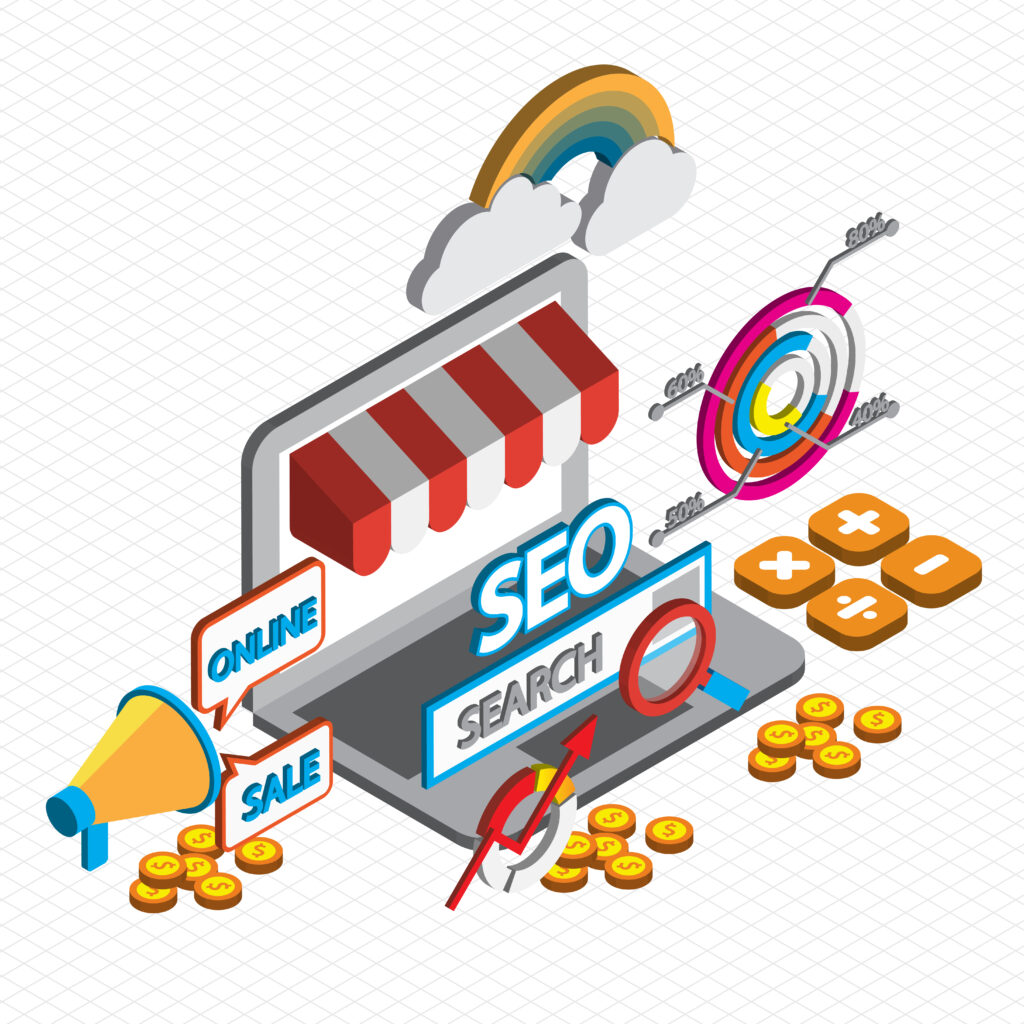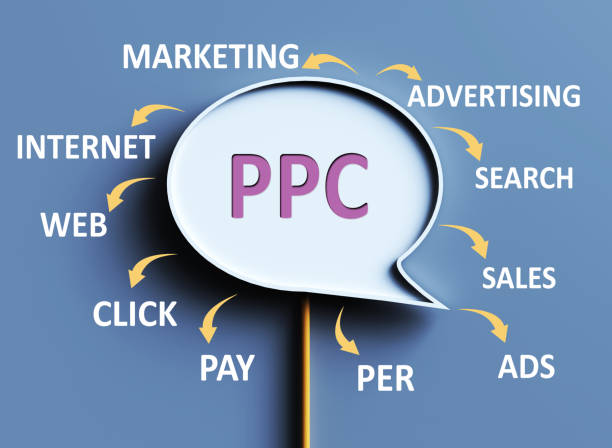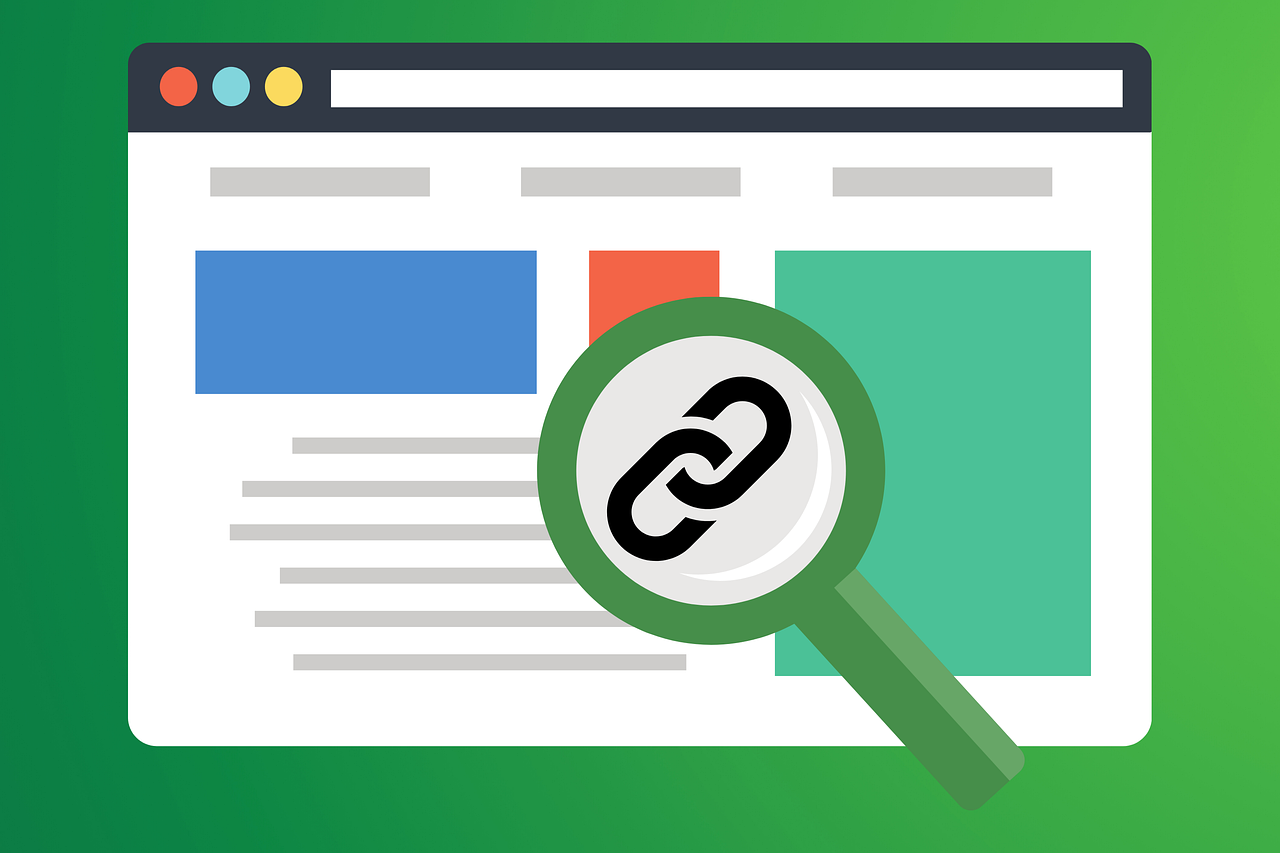When it comes to driving traffic and increasing visibility online, two strategies often come to mind: PPC (Pay-Per-Click) and SEO (Search Engine Optimization). Businesses frequently debate which approach delivers quicker outcomes. Let us break down the benefits, differences, and timelines of PPC vs SEO to help you decide which strategy aligns better with your goals.
Understanding PPC: The Quick Route to Visibility in PPC vs SEO
What is PPC and How Does It Work?
Pay-Per-Click, commonly known as PPC, is an advertising model where businesses pay a fee every time someone clicks on their ad. These ads are displayed on search engine result pages, websites, or social media platforms.
For instance, when you search for a product, the top few results often show as “Sponsored” or “Ad.” These are PPC ads designed to catch your attention and bring you directly to a company’s website.
- Key Benefits of PPC:
- Immediate visibility
- Targeted audience reach
- Predictable results based on budget
How Quickly Can PPC Deliver Results?
PPC campaigns can produce results almost immediately after launch. Once an ad goes live, it starts appearing in relevant searches or on targeted platforms. However, the speed depends on factors such as your budget, competition, and keyword selection.
Cost Considerations for PPC
While PPC offers quick results, it comes at a cost. You pay for every click, and in competitive industries, the price per click can be significant. It requires continuous monitoring to ensure a good return on investment.
SEO: Building Long-Term Growth
What is SEO and How Does It Work?
Search Engine Optimization is a strategy that improves your website’s ranking on search engine results pages organically. Unlike PPC, SEO does not involve paid ads. Instead, it focuses on creating high-quality content, building backlinks, and ensuring your website is optimized for search engines.
How Long Does SEO Take to Show Results?
SEO is not a quick process. It can take several weeks or even months to see significant results. However, the payoff is long-lasting. Once your website ranks high in search results, you can enjoy consistent traffic without ongoing ad costs.
Key Benefits of SEO:
- Sustainable growth over time
- Higher trust and credibility with organic rankings
- Cost-effective compared to ongoing PPC spending
PPC vs SEO: Comparing Timelines
How Fast is PPC Compared to SEO?: PPC vs SEO
When it comes to speed, PPC is the clear winner. Businesses can see immediate results within hours or days of launching a campaign. SEO, on the other hand, requires patience and a long-term commitment. It can take months before you notice substantial improvements in your rankings.

Short-Term vs Long-Term Goals
If your goal is to drive quick traffic for a product launch or a seasonal sale, PPC is the ideal choice. However, if you are looking to build a strong online presence that lasts, investing in SEO is crucial.
The Balance Between PPC and SEO
Many businesses find success by combining both strategies. While PPC delivers quick wins, SEO sets the foundation for consistent growth.
Cost Differences Between PPC and SEO
Is PPC More Expensive Than SEO?
PPC often requires a larger upfront budget. You are paying for every click, and costs can add up quickly, especially in competitive markets. SEO, on the other hand, demands time and resources for content creation, technical optimization, and link building but does not incur direct costs for clicks.
Return on Investment (ROI): PPC vs SEO
Both PPC and SEO can deliver strong returns, but the timeline differs. PPC offers immediate results, while SEO’s ROI builds over time as your website gains authority and visibility.
When to Use PPC
Scenarios Where PPC Shines
- Launching a new product or service
- Running time-sensitive promotions
- Testing marketing strategies
Industries That Benefit from PPC: PPC vs SEO
Highly competitive industries like real estate, law, and retail often rely on PPC to capture attention quickly.
When to Use SEO
Why Businesses Invest in SEO
- Building a long-term audience
- Creating valuable and engaging content
- Establishing credibility and trust
Industries Where SEO Excels
Businesses in education, healthcare, and finance often see great results from SEO, as these industries benefit from informational content and trustworthiness.
Challenges of PPC vs SEO
Challenges with PPC
- Costs can spiral out of control without careful monitoring.
- Clicks do not always lead to conversions.
Challenges with SEO
- The process is time-intensive and requires consistent effort.
- Results are not guaranteed and depend on search engine algorithms.
Which is Better for Marketing Success?: PPC vs SEO
The Case for PPC
If speed is your priority, PPC is unmatched. You can get your brand in front of your audience within hours.
The Case for SEO
If you want sustainable, organic traffic that builds your brand’s reputation over time, SEO is the better choice.
Combining Both for Maximum Impact PPC vs SEO
To get the best of both worlds, many businesses use PPC to gain short-term visibility while working on SEO for long-term growth.

Tips for Success with PPC vs SEO
Getting the Most from PPC
- Focus on high-converting keywords.
- Regularly monitor and adjust your campaigns.
- Set clear budgets to avoid overspending.
Making SEO Work for You
- Publish consistent, high-quality content.
- Build backlinks from credible sources.
- Optimize your website’s loading speed and mobile experience.
Conclusion: PPC vs SEO
In the debate of PPC vs SEO, the choice comes down to your goals and timelines. If you need immediate results, PPC is the way to go. If you value long-term growth, focus on SEO. Ultimately, many businesses benefit from a blend of both strategies, ensuring quick wins while laying a foundation for the future.








